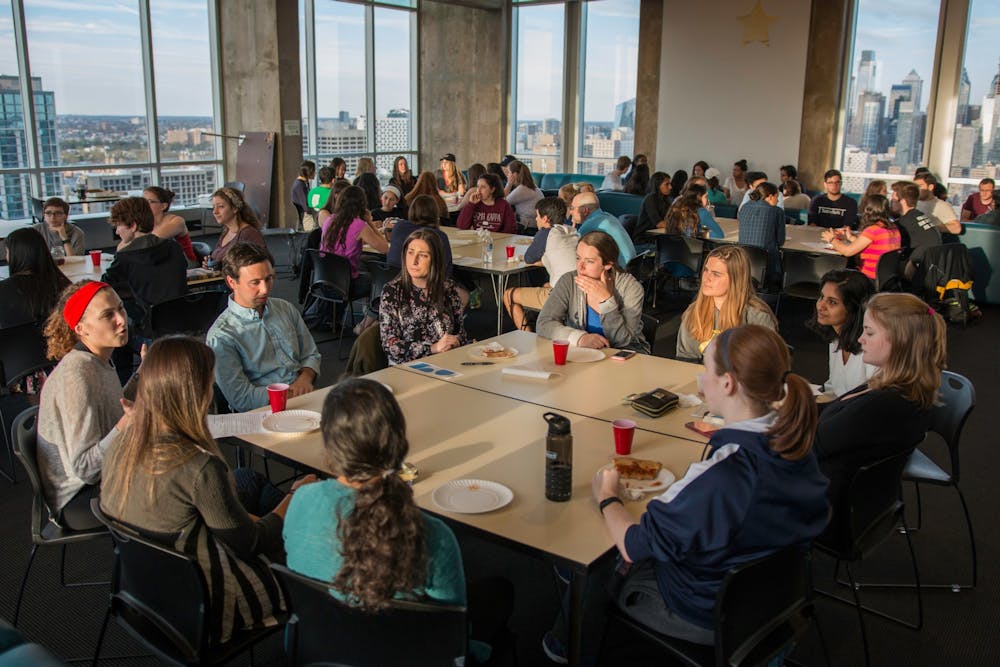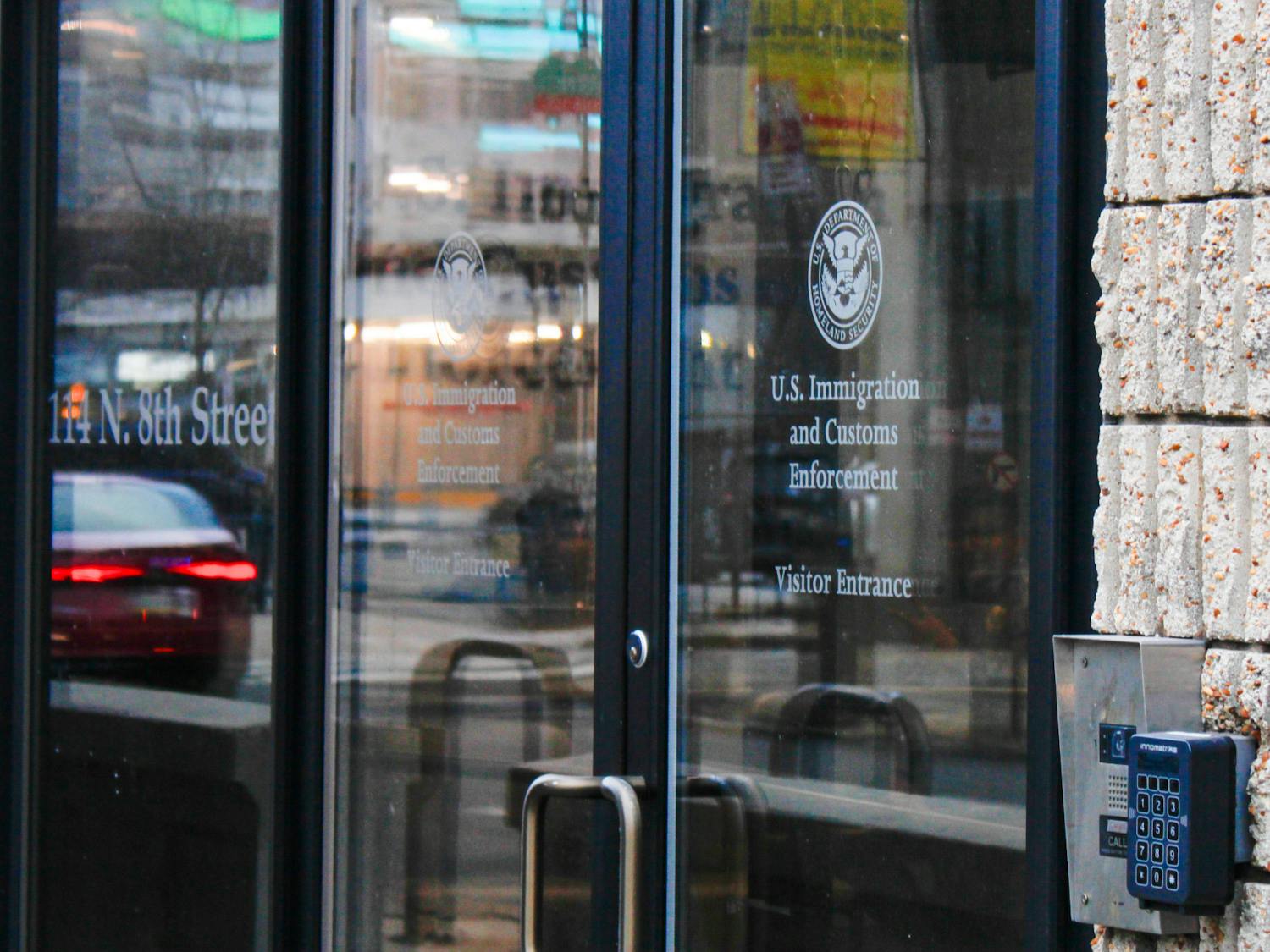A few days ago, I graduated from Penn. It’s a moment I had anticipated for years, and now I am entering a world and workforce rife with uncertainty. While Penn taught me a lot of unexpected lessons regarding grit and perseverance, one in particular stands out in this current crisis: Try your best to understand and empathize with people who express opinions different from your own. If there was a single piece of advice I could offer to Penn students, it would be to find someone who disagrees with you and have a respectful conversation with them.
It’s natural for us to construct echo chambers by choosing what circles we choose to interact with, and this phenomenon has only been exacerbated by our move to a virtual world. As Geoffrey Garrett, dean of the Wharton School, recently said in a lecture, “We live in alternate realities.” Anyone who’s looked at coverage on Fox News and The New York Times can attest to that.
When I entered Penn as a freshman, we were in the midst of the most contentious presidential election in our lifetimes. Over my years as a student, I noticed increasing levels of polarization and criticism of beliefs that didn’t fit into Penn's political and social fabric. These include the intense response to articles such as “I'm a legacy student, and I'm not ashamed” and “Penn stole our senior year over the common cold”.
When I first read those articles, I initially felt disbelief, anger, and frustration. My immediate reaction was to text my group chats and make fun of the people who wrote the articles or leave a comment on their Facebook posts. Honestly, I can completely relate to the urge to call someone out on their B.S., and, in some cases, it’s a good thing to correct others. However, what I noticed occurs less often is an attempt to understand the other side or entertain beliefs outside your worldview.
I decided to try something I had never done before. I reached out to graduating senior Dominic Gregorio, the author of the article that called the coronavirus similar to the common cold. To my surprise, we had a great conversation. He requested that I keep the conversation private, and I want to respect that, so I won’t share the contents. While I still disagree with his characterization of COVID-19, I learned a lot about his sense of frustration and loss, which I found very relatable.
This is something that I find incredibly hard to do and am far from perfect at. The past few months, I’ve been deeply emotional about the handling of Joe Biden's sexual assault allegations and the national and global response of Trump to the coronavirus, to the point where I actually wrote another op-ed about it. It took an intense disagreement with one of my friends for me to reflect inwards and really question how open I was to other opinions.
In one of my early Penn psychology classes, I learned about the concept of cognitive dissonance. It’s this unpleasant feeling we get when we’re exposed to ideas that conflict with our view of the world and ourselves. To avoid this feeling, we at Penn often silo ourselves with groups we are comfortable around, resulting in broad conformity, hindering ourselves from reaching our potential.
As a writer for The Daily Pennsylvanian and 34th Street, I had the opportunity to interview and have deep conversations with a wide variety of students. Some were deeply passionate about climate change, while others prioritized economic growth and inclusion. Some were hard-core Bernie fans, some were political moderates, and some were Trump supporters. What I know is that not a single Penn person I talked to was evil.
SEE MORE FROM MICHELLE SHEN:
What I also realized over time was that the best way to convince someone of something or change their mind is to be respectful and try to understand what they’re experiencing. In a time when misinformation is rampant and fear is overwhelming, we need empathy more than ever. Penn professor Adam Grant once wrote that the key to building a resilient culture in a business is allowing for original ideas that differ from the mainstream, and businesses often atrophy when they self-select the same kinds of people. The key to building a resilient person is similar: Find people who disagree with you and keep an open mind.
MICHELLE SHEN is a 2020 graduate who studied Computer Science in the Engineering school and Consumer Psychology in the Wharton school. Her email address is michelleshen@gmail.com









